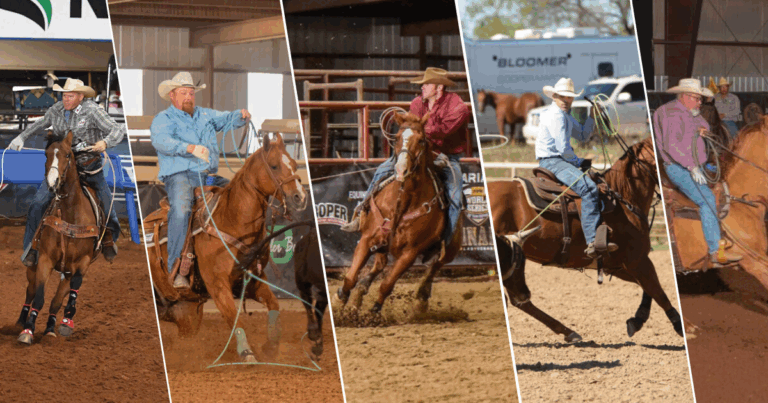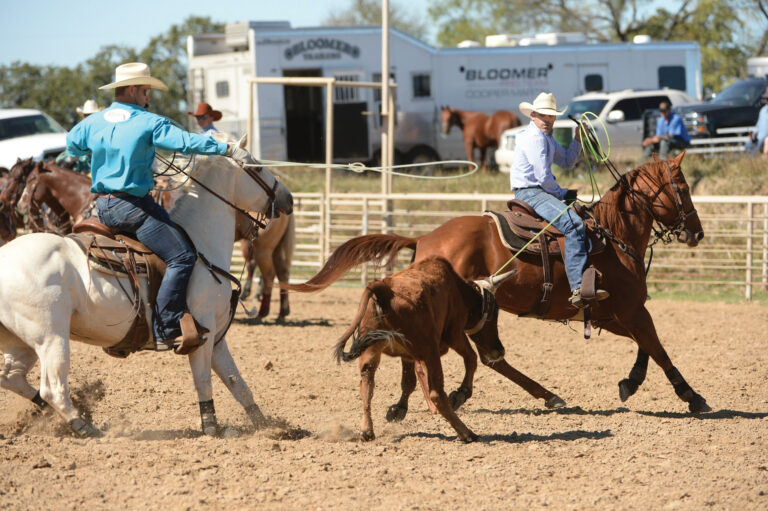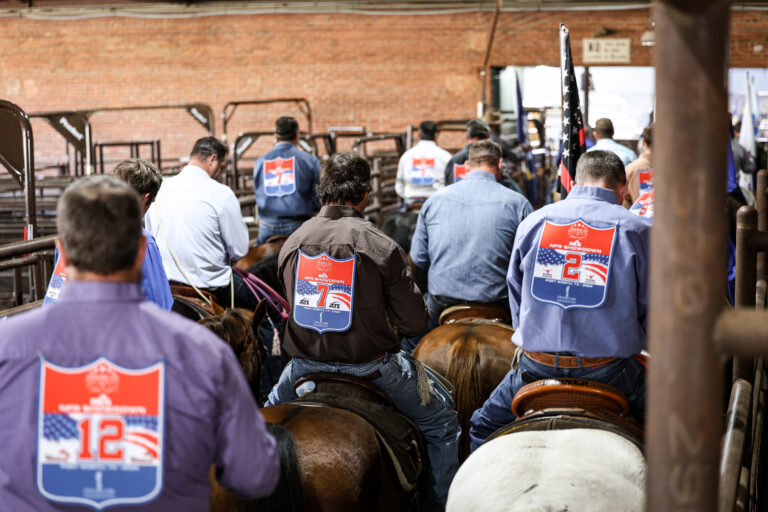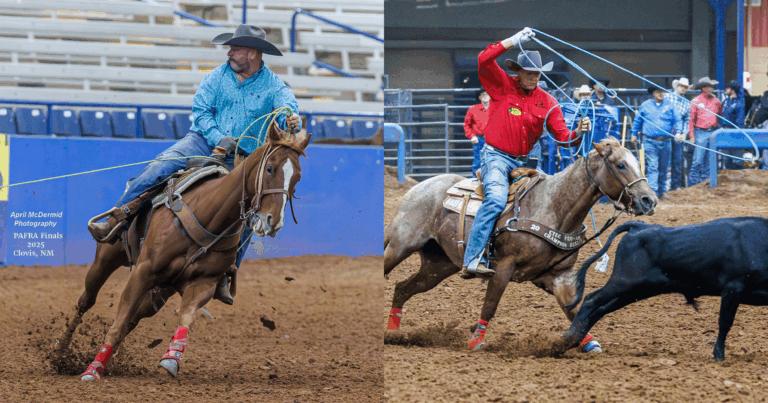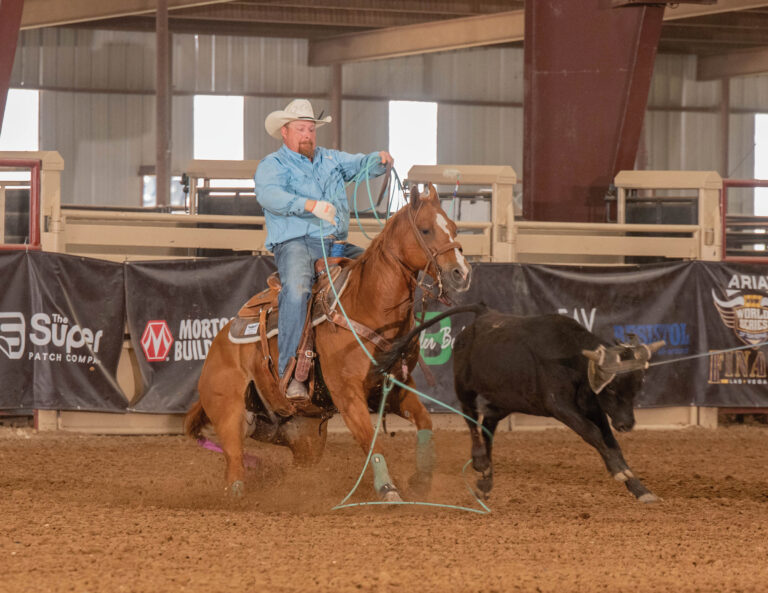This audio version of “The Helper,” featured on “The Score” podcast is brought to you by Fast Back Ropes.
“I have to go,” Donnie Woodmansee said, calmly, but also abruptly, about 20 minutes into a conversation.
Woodmansee, 45, is a firefighter at Denver, Colorado’s South Metro station. In the background, noise over a loudspeaker indicates that the unit has been called to respond to an emergency. Woodmansee, indeed, has to go.
A career firefighter for 21 years, Woodmansee was turned onto the pursuit when he served in Bosnia in 1999 and 2000 with the National Guard, in the wake of the most violent war Europe had experienced since the end of World War II. There, a supervisor planted the seed that he’d be a good fit. His 16-year career with the Guard would also place Woodmansee in Iraq and Afghanistan, not to mention performing humanitarian aid response to hurricanes Katrina and Rita, and answering the countless other calls of duty. But first, he was a Marine.
Ropers to the Rescue: Brave Ropers Who Battled 2020’s Wildfires Across the American West
“I joined the Marines right out of high school. I got out of the Marines, and I joined the Reserves. I spent the next 16 years there. The National Guard’s what took me everywhere. The Marines, I got to see a few other countries and got on a big ship and went around the Pacific one time, but it’s been the National Guard that really made me worldly.”
Before seeing the world, Woodmansee spent his first years in New Mexico, then came of age in Wickenburg.
“People didn’t team rope there,” he said of his roping influences prior to the move. “It was calf roping and steer wrestling. Then we moved to Arizona and someone asked me if I roped, and I was like, ‘Yea, I rope,’ And then, ‘Which end?’ And it was like, ‘Uh, I try to rope the head.’ The world of Wickenburg was new to me.”
It didn’t take long for Woodmansee to assimilate, though.
“I worked for the Wickenburg Roping Club before the USTRC was even around,” Woodmansee said, who was hired to run the stripping chutes. “Then I worked for another producer, Ray Ellenberger, and he was there before Beaver Bird came in. We hauled their cattle all around and we went out to Buckeye before there was a big deal there.”
An American Patriot & Paul Eaves: U.S. Marine Sam Burke’s Letter to Rodeo
In high school, Woodmansee entered up for the first time.
“I was probably 15 or 16. I borrowed a buddy’s horse and roped with him there.”
Though his mother let him skip school to compete, Woodmansee returned home prizeless, but the event remains a memorable one.
“I learned there’s a more efficient way,” he said. “Prior to that, all the ropings that the Wickenburg Roping Club produced and Terry Ellenberger produced were 10-steers. We would work well past midnight just to get a handful of team ropers through all 10 of their steers. Then, all of the sudden, this numbering system comes in with handicaps.
Full Swing: The Team Roping Journal’s Winter 2021/2022 Complete Guide to Arizona
“The roping was huge,” Woodmansee continued. “I remember pulling into the parking lot and being like, ‘Oh my gosh, we’re going to be here until next Thursday.’ But they just rolled us: Bam, bam, bam! That was the first time I had ever seen an event like that.”
The roping bug was set, but Woodmansee had long looked to the military when considering his future.
“They’ve all done it, and these guys were all my heroes,” he said of the men in his family. “There’s too many to list. Two of [my mom’s] brothers served. My dad served. Both of my grandfathers; one of them was a lifer. My step-grandfather served. My great-grandfather served. It just goes on and on. It’s kind of like the family business.”
The men served in various branches of the Armed Forces, but his father’s service in the Marines held Woodmansee’s attention the most.
“My dad joined the Marines during Vietnam and that inspired me. He was very proud. He was a Texas Game Warden and he had that to be proud of, but the Marine thing always stood out. You could just see it. He would walk into a room and just own it and that was his presence. It was the Marine in him. He carried himself that way and that’s what I wanted to do. It looked sharp and, to a young man, it was always very appealing.”
The four-year enlistment served Woodmansee well.
“It was everything I wanted. I joined what I thought was the best. That’s what I needed from it. I didn’t need mediocrity. I needed what I felt was the best. So I went and did that and really, uh, took some lumps for a few years, but it changed a lot of things for me.
“Even to come home and visit my folks, my step-dad was just standing there looking at me, like, ‘What’d you do with that kid that walked out the door?’”
In this year’s first days of fall, Woodmansee loaded up from his Northern Colorado home and headed to the Colorado Springs area for a roping clinic with Colorado Professional Rodeo Association champion header and horse trainer Nick Pullara, who partnered with the non-profit Warriors And Rodeo to host a free, two-day event for military service members and first responders.
The event received support from Heel-O-Matic Training Systems and prize buckles from Gist Silversmiths, and featured dummy work each morning and live-steer roping in the afternoons. The event culminated with a jackpot for the participants.
“It was so fun,” Woodmansee commented the following week. “Made some good connections, and we’re planning to grow it next year.”
W.A.R., as the non-profit is known, supports members of the military, law enforcement, EMS and firefighters access opportunities and resources in rodeo and, in recent years, has included racing and recreational opportunities, as well. The goal of the program is to ease the transition between the extreme demands of their members’ professional lives and their ability to find enjoyment in daily life.
For Woodmansee, W.A.R. aligns well with his already-established roping habits.
“If you watch the news tomorrow morning,” he said just days before the clinic, “you’ll see a big, giant funeral for a South Metro firefighter. That’s just part of our life. We lost one of our own here the last week. That stuff wears on you.”
Woodmansee acknowledges, of course, that losing a loved one is hard on everyone, but for people in his line of work, the losses keep coming.
“Then you lose another one,” he said, “and another one. Then you start wondering, ‘Is it me?’”
He also shed light on the challenge of returning home after combat.
“I’m sure you’ve changed jobs in the past and it took a year or two to figure out where you fit into the whole thing, right?” he asked. “Put yourself in Afghanistan and Iraq. That’s a long time you were away from home, but you’re just hitting your stride in that environment and, then, bam, you come home. The world doesn’t look the same when you get home. It can be kind of harsh.
“Your youngest, your 3-year-old, forgot who you were while you were gone. And your wife’s been pulling her weight and then some while you were gone, so it’s just hard. It doesn’t come easy to fit back in.”
Often, the easier choice is to return to work and to combat, if able, instead of struggling to find a new normal. Woodmansee, who, like many combat veterans and first responders, is diagnosed with PTSD, made that choice once. Then, when he retired in 2015, after 20 years of military service, he found a way to apply what he knew and how he worked in the military and as a firefighter to his roping practice.
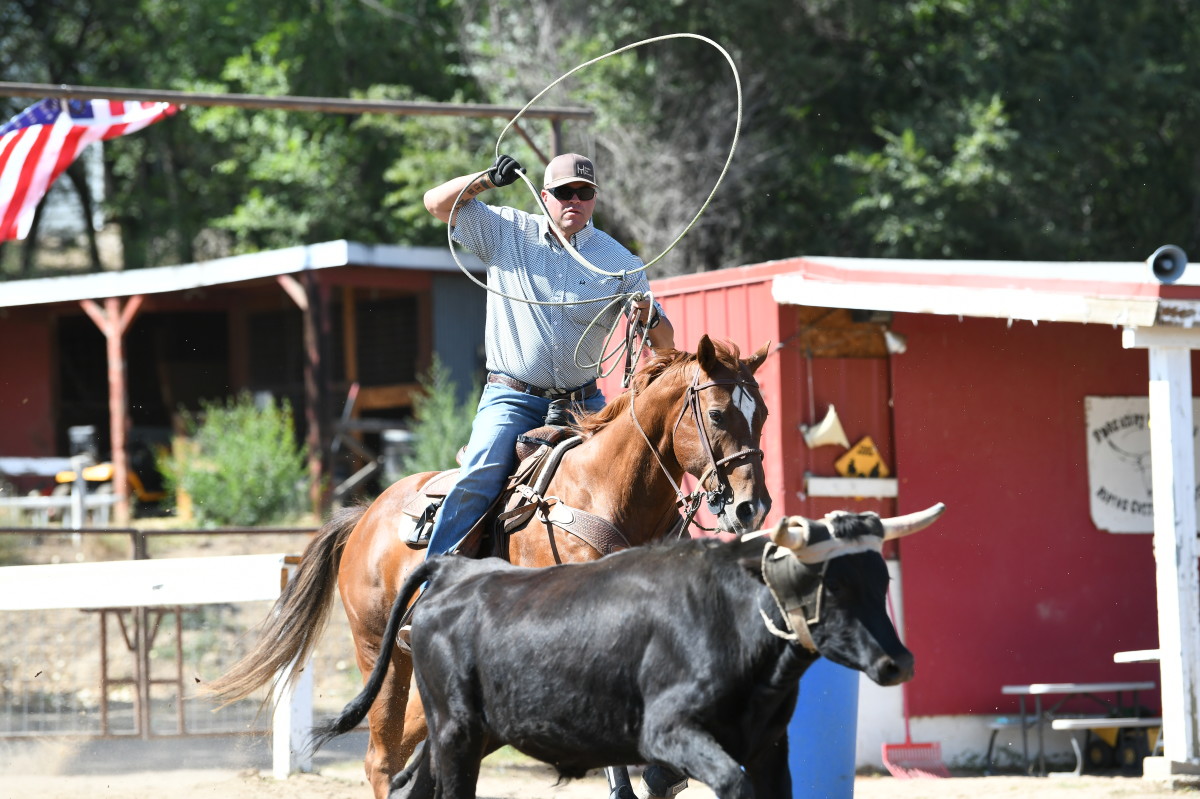
Western Edge Photography
“I came home and I was kind of lost for a little while, and that’s when I really turned back to team roping,” he explained. “I went back to what I knew, and I took the training that I’ve learned from the fire service and the military and I’ve applied it to my team roping. The whole purpose of the way we train in both military and fire services is that you don’t do it all in every practice. Like team sports growing up, you didn’t play a football game at every practice. You practice hitting and you practice throwing. There are fundamentals and, then, on game day, you put it all together.
“So that has been how I’ve focused on this. I work on my horse daily, and it has taught me anger management. It’ll show it’s head, and it’ll reflect in my horses if I let that take control. Plus, it gives me something to accomplish every day.”
“Let’s make something for other people out of this,” Woodmansee said when he discovered he was the subject of an upcoming story.
That’s the helper in him. It’s been a part of his makeup since the beginning, but it’s also evolved over the years. Whereas once, the husband and father to two boys needed to return to combat to answer his calling, he now recognizes the commitment it required from his community, especially his family, and makes sure to give the recognition they’re due.
“Whenever I get the chance,” Woodmansee said, “if we meet people as a family, I will always tell them, ‘We served from these days to these days. We served—me and my family—during Afghanistan.’ It’s very important to me to shine that light on them, too.”
Woodmansee and his wife, Jen, were newlyweds in 2003. That January, Woodmansee was mobilized and sent to Fort Carson for a month of training before boarding a plane in secret.
“The flight attendants took all our names and called our families to tell them that we made it to our destination, [but] they couldn’t tell them where we were.”
Meanwhile, Woodmansee had just taken a first-class flight to Kuwait in preperation of the Iraq Invasion. For weeks, Jen’s only knowledge of her new husband’s possible whereabouts came from embedded war reports that were aired morning, noon and night.
“I would be very, very remissed to not honor [my wife] with the same accolades that anyone like me has ever gotten,” Woodmansee reiterated.
Today, Jen is competitive in the reined cow horse and, while the boys ride, the whole family pursues interests beyond the arena, too.
“My wife and kids and I, we raft a lot, and hunt and fish. I’m not a 9 roper because of it, but that’s the way we want it.”
Still, Woodmansee has clear goals for his roping.
“I want to qualify for the World Series. I want to earn it,” he emphasized. “My goal is to qualify and I really want to qualify on the horse that I have right now. He’s 16 now and I made him. He’s the head horse everybody tries to buy from me.”





